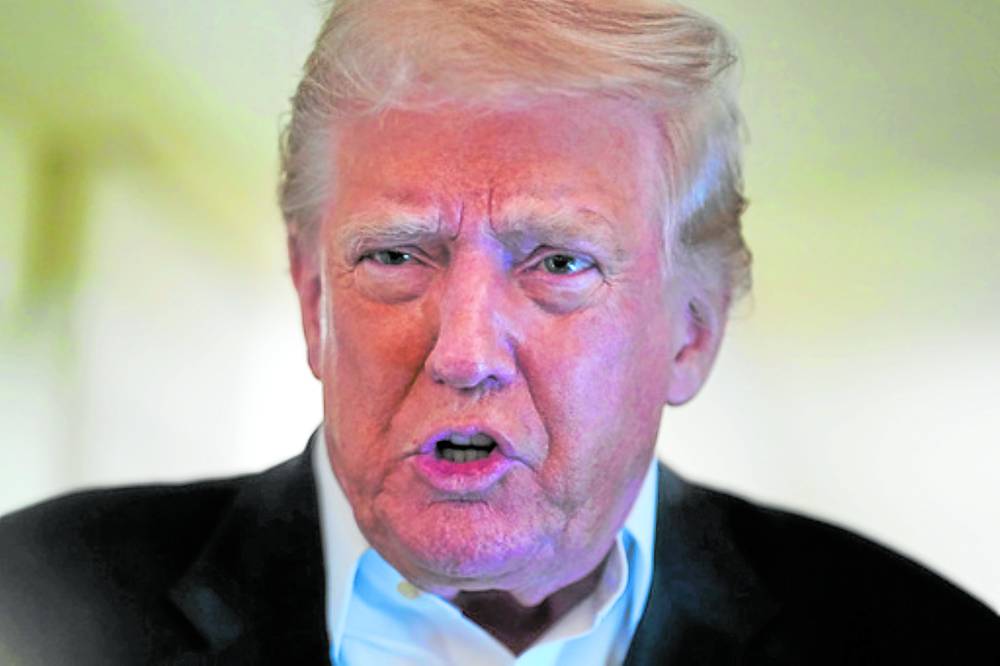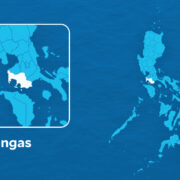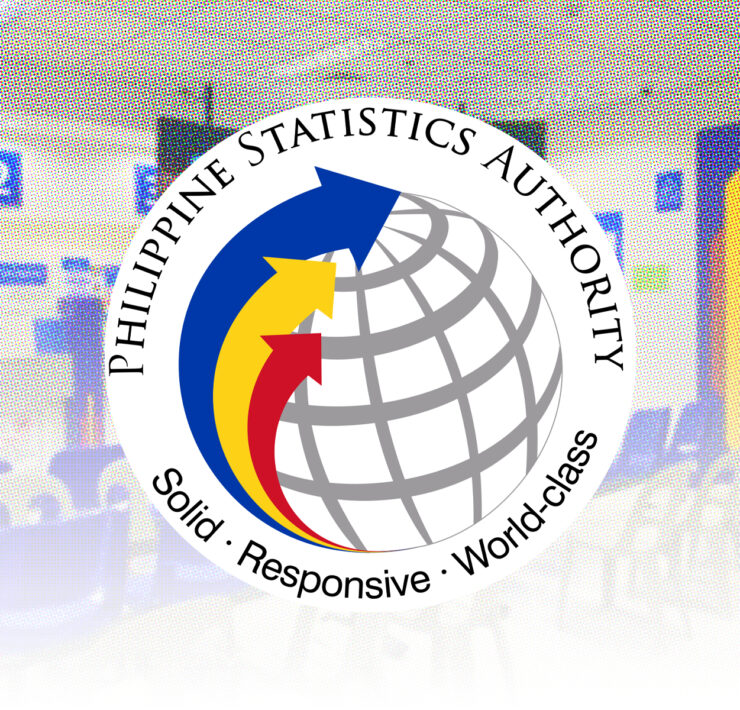Amid tariff war, Philippines to see gains that may not last long

Time and time again, the ultraprotectionist policies of US President Donald Trump prove that there are no winners in a trade war.
Even for countries that are slapped with relatively mild tariffs like the Philippines, the net benefits might only be temporary as the country will not be spared from the impact of a possible global recession.
And no less than our own homegrown economists have been flashing the warning signs.
Weeks ahead of Trump’s “Liberation Day” announcement that fanned global recession fears and dislocated markets, Annette Pelkmans-Balaoing, an economist at the University of the Philippines (UP), had warned about how US tariffs could impact the Philippines.
Sure, there will be gains, but Pelkmans-Balaoing also flagged the pains that the economy would feel across several channels.
Reciprocal tariffs
So much has happened since Pelkmans-Balaoing wrote a piece titled “Impact of Trump’s Tariff Policies on the Philippines”—which was published on the website of the UP Center for Integrative and Development Studies on March 13.
But the piece remains very relevant to this day.
On April 2, Trump outdid his previous protectionist policies when he announced sweeping tariffs on the rest of the world.
Such an action, he said, will correct the “cheating” that America’s trading partners are doing in the world’s biggest economy.
The move sent stock markets into a tailspin and triggered recession alarm bells.
Trump claims his tariffs are “reciprocal,” but many economists have pointed out the bizarre way that the duties are calculated and how these are disproportionately hitting many countries.
In the case of the Philippines, Trump had decided to slap a 17-percent levy on Filipino goods bound for America, among the lowest in Asia.
Local officials at the time had been quick to point out how the relatively milder taxes on Filipino products versus regional peers can make the Philippines a more attractive destination for investments that are fleeing from the tariff crossfire.
But in a stunning about-face, Trump later announced a 90-day pause on his steeper tariffs for most countries. Still, the 10 percent universal duty on all trading partners of the US remains in effect.
Beyond merchandise trade
In her piece, Pelkmans-Balaoing said that one potential gain for the Philippines would likely come from trade diversion. But such benefits, she said, might hardly materialize if the global economy sinks into recession and drags overall demand.
“The Philippines may see short-term benefits as US buyers seek alternative suppliers for products affected by tariffs on Chinese goods, provided that Philippine goods escape the onslaught of US tariffs,” she said.
“But if tariffs trigger a broader slowdown in US and global demand, Philippine exports, particularly electronics, garments, and processed food, could suffer. Trump’s protectionist stance could also encourage more Buy American policies, making it harder for Philippine exports to compete in US markets,” she added.
But the impact can go beyond merchandise trade.
For one, Pelkmans-Balaoing said the impact on the Philippines’ business process outsourcing industry—which many believe to be somewhat insulated from the tariff debacle—would be “less direct but still significant.”
“As a key driver of economic growth, the sector depends heavily on US clients. If American companies face higher costs due to tariffs, they might scale back spending, potentially reducing demand for Philippine call centers and IT services,” she explained.
“However, services trade is less vulnerable than goods trade, as outsourcing remains a cost-saving measure for US firms,” she added.
Open markets
All the uncertainty, in turn, may prompt multinational companies to rethink their expansion plans, the UP economist said, something that may prevent the Philippines from taking advantage of the situation.
“Investors tend to avoid volatile environments and sustained trade disputes could undermine confidence in emerging markets like the Philippines,” she said.
Moreover, Pelkmans-Balaoing also flagged the tariff-induced inflation flare-up that may wreak havoc on the US economy, which might prompt Filipinos in America to tighten their belts and trim their remittances.
“Contrary to Trump’s claims, tariffs are not paid by foreign firms but by US importers, who pass the costs on to producers and consumers,” she stressed.
“Higher tariffs could raise prices in the US, reducing purchasing power and slowing demand for Philippine exports. The Philippines also relies on remittances from overseas Filipino workers in the US, which could decline if job losses increase,” she added.
Moving forward, the UP economist argued that the Philippines “will do well to resist the temptation to retaliate.”
“The country has long benefited from open markets and economic peace and engaging in a trade war would only harm its own economic prospects,” she said.
“However, this moment presents a crucial opportunity to strengthen local industries, as rising import costs will make domestic production more competitive,” she added.





















